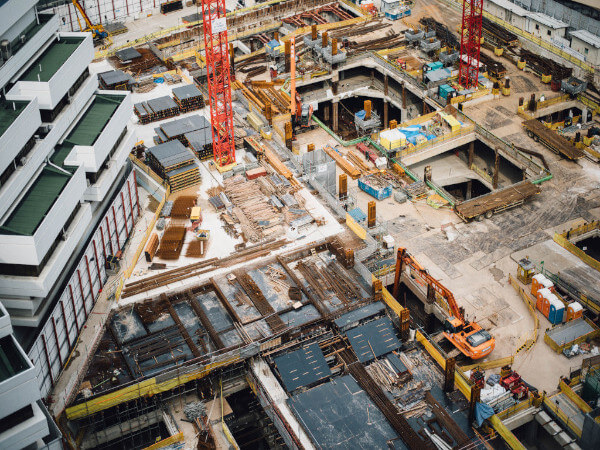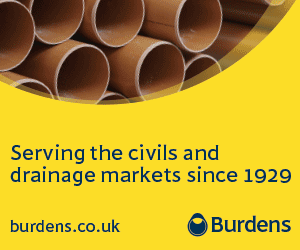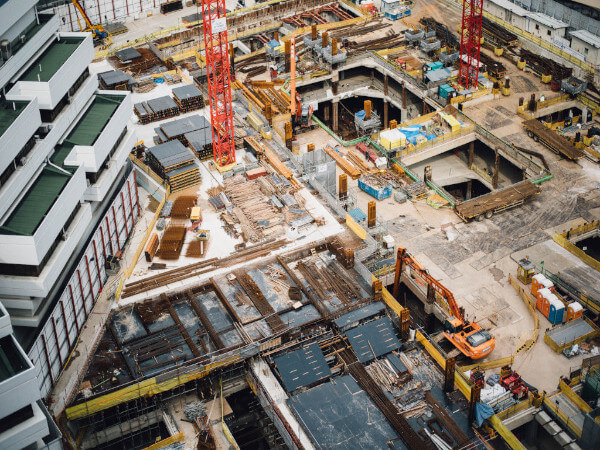Developer Landsec has today announced plans to invest £135m on its existing estate of buildings to drive its transition to net zero.
The fund will be used to finance a series of initiatives over the coming nine years to reduce Landsec’s carbon footprint and drive innovation and best practice across the wider industry.
This will involve retrofitting more solar PV, and replacing boilers with air source heat pumps and upgrading building management systems.
Its investment equates to around 1% of portfolio value and will enable the developer to stay ahead of the future non-domestic Minimum Energy Efficiency Standards (MEES) which require an EPC ‘B’ certification by 2030 as well as other regulatory requirements.

Alongside this investment, Landsec remains committed to designing and building net-zero buildings with The Forge, its first net zero building, on track to complete in October next year having achieved to date a 25% reduction in embodied carbon from the initial design stage.
It is expected Landsec’s overall programme will see 24,000 tonnes of carbon emissions removed from Landsec’s operations – equivalent to over 35,000 return flights from London to New York.
Landsec’s decarbonisation plan
Optimising building management systems, using innovative Artificial Intelligence technologiesEngaging customers on energy efficiency to drive down consumptionReplacing gas-fired boilers with electric systems such as Air Source Heat Pumps.Investing in renewable energy including adding onsite renewable capacity through more solar PV panels
Mark Allan, Landsec CEO said: “Our net zero transition investment plan is a significant commitment to ensure that Landsec delivers against its science-based target to reduce carbon emissions by 70% by 2030.

“We’re investing across our entire estate because we want to remain at the forefront of everything the property sector is doing to respond to the climate crisis.
“Through these actions, we’ll be supporting the current and future needs of our customers, communities and stakeholders as we help them transition to a low carbon world.”
The built environment is estimated to represent 40% of total carbon emissions globally.


Did you miss our previous article…
https://www.thegraduatemag.com/?p=1325

